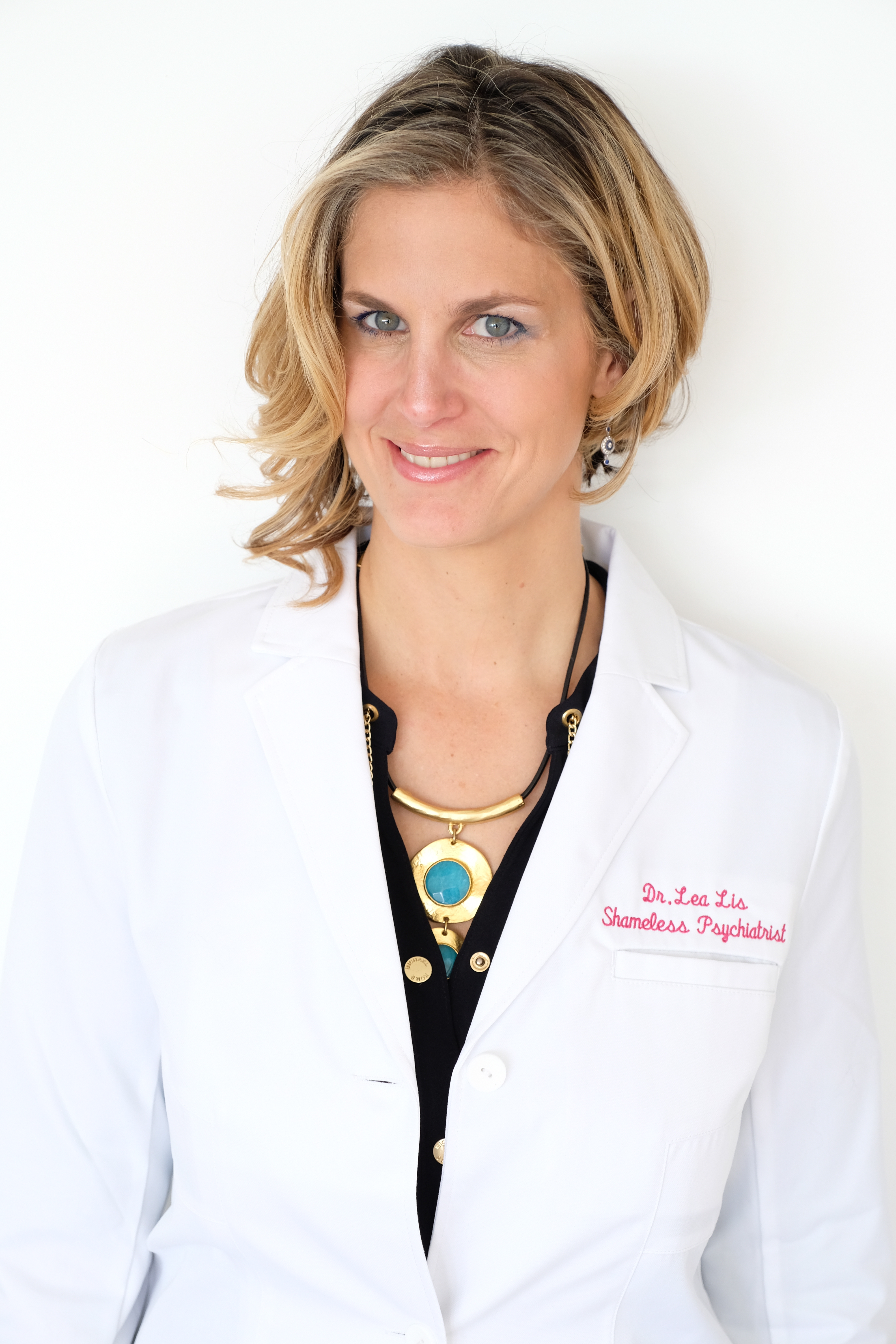Raising children today presents more challenges than our parents previously experienced. Children have more freedom to explore sexuality, lifestyles and gender identity. I have worked with many non-traditional families, and helped both the parents and children, to navigate through the process of understanding.
As a parent, you hope to prepare your child to lead a successful, meaningful, and satisfied life, even though you may feel uncertainty about what the future holds for them. The hopes and fears of parents drive an expanding literary offering on the subject of parenting such as: parenting after divorce, stepparenting, single parenting, same-sex parenting, parenting the adopted child, parenting the LGBTQ+ child, etc.
Some of our knowledge about sexuality remains stable over time. However, there will always be new research, an ever-changing social context, and the fact that beliefs about sex are always understood within the framework of our current values, which are also ever-changing.
This means that we parents periodically need to revisit what we have learned.
Our children may also need to tackle issues that never even occurred to us. For example, when we were young, gay marriage was illegal and almost a taboo topic. Then we watched it come to the political forefront as a hot-button issue in the last couple of decades. Now, for our youngest round of children, gay marriage seems like a total non-issue, and you may be discovering older teens attention is on trans rights and freedom from the social construct of gender.
I have written a book called “No Shame: Real Talk with your Kids about Sex, Self Confidence, and Healthy Relationships” which handles questions and concerns that fall outside a basic sex education, but are increasingly part of growing up today: sexual identities, the composition of contemporary families, the changing world of dating, the accessibility of pornography, sex in the media, the pressures of social media on youth and other dizzying topics.
I am seeing an uptick in confusion about gender identity and sexual orientation in my practice. This leaves many teens stressed about their identity in this ever-changing societal dynamic, and they are getting very little guidance from mentors and parents, who are often just as confused themselves.
I have always felt using media is a great way to start discussion about gender and sexuality, while also meeting the child where they are in terms of education. Having these discussions with your children is important because it gives them the right information, sets the foundation of trust and understanding and most importantly: it teaches children how to respect everyone, regardless of gender and sexuality. Children learn by example and being a positive role model is important.
A great jumping off point is to explain they do not need to decide about their sexual orientation now, and to try and normalize the diversity of sexual orientations by exposing them to appropriate role models of different sexual orientations (whether in the media or community members). This will demonstrate how they can be happy, no matter how they may define themselves today or in the future.
In other words: they should be proud of who they may become no matter what and ignore the bullies as he/she knows nothing about how awesome it is to be gay/transgender. There are many great resources for parents. Some ideas of shows and other media which might help start the discussion are:
Modern Family 10+ This comedic sitcom highlights three families of different makeups, including a gay male couple with an adopted daughter. It is family friendly, and can be used as a discussion for young children about all kinds of families. It also includes interracial families, which is a great discussion to have with children.
Love Simon 13+ This is a romantic comedy with a lead character who is gay and in high school. It is a great movie for role modeling. In this love story, Simon comes to terms with his sexuality which he has been keeping a secret. This movie addresses dating, online dating (and relationships and bullying), underage drinking, and coming out in high school.
Freak Show 13+ This coming-of-age story features a gay teen that moves to a new school, and is faced with compromising his identity. He is told to fit in, “be a man” and hide his sexuality. He decides to run for homecoming queen and faces becoming an outcast. This is a great film to address confidence, breaking out of stereotypes such as toxic masculinity, and the power of claiming one’s identity.
The Birdcage 15+ This is a heartwarming family story. It is not only funny, but discusses why people felt they had to hide sexuality in the closet. It showcases how things have changed from 1996 when the film came out until now.
Pride 15+ This English drama is set in the U.K and is based on a true story. It is a heartwarming story through a historical lens during the Miners strike in the 1980s, focused on the gay and lesbian activists.
The Perks of Being a Wallflower 15+ This film is based on the contemporary fiction book by Stephen Chbosky. It focuses on being alienated as a teen, the bullying and alienation for gay teens and introverts.
A Secret Love 13+ This Netflix documentary highlights a same-sex couple that fell in love in the 1940s and had a secret relationships for 72 years. Parents can talk about why the LGBTQ+ community has faced discrimination and why they had to hide their love.
Andi Mack 10+ This Disney channel television show features diversity in teenage friendships.
I Am Jazz 12+ This is a show about transgender teen. It is a great jumping off point for a discussion about transgender.
MILK 16+ This is a documentary about Harvey Milk who was a champion for gay rights and was assassinated. It is a great for a discussion about the gay rights movement. Families can talk about what Harvey Milk stood for, including the pros and cons, and discuss what has changed since 1978.
Using resources to educate, explain and normalize the conversations between parents and children around sexuality, orientation and gender are excellent tools. This can help to provide visuals and open communication in families. We can lead by example of showing love, respect and support for our children.


